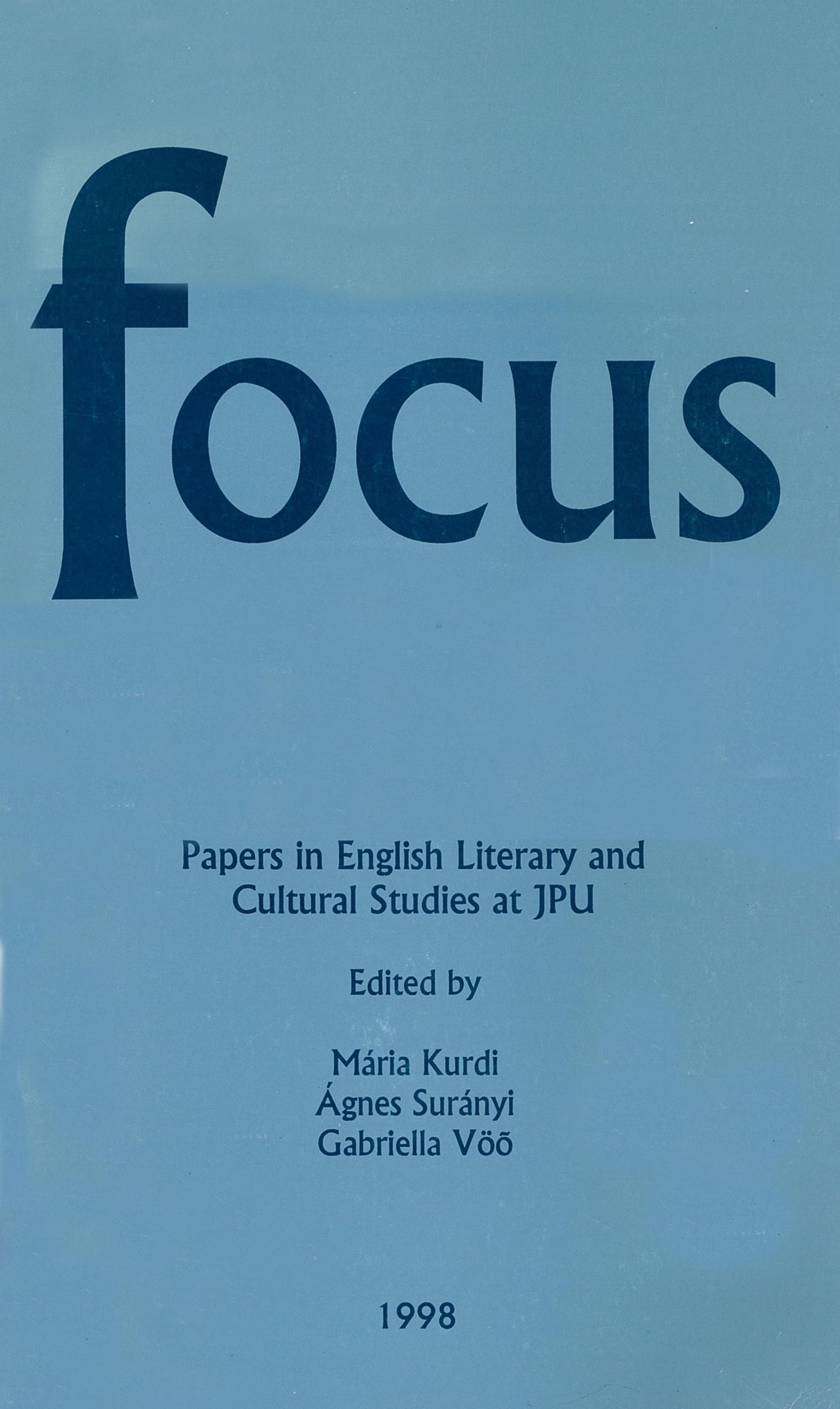Gender-Related Reading, Writing, and Charlotte Bronte:
Does a Woman Reader Make a Difference?
Abstract
In the past two decades feminist critics have demonstrated that gender leaves its traces in literary texts. They argue that gender determines everything, including value systems and language structures; as Elizabeth Abel said, “sexuality and textuality both depend on difference” (173). The introduction of gender—which is biological sex in the world of culture—into the field of literary studies works as a new phase in feminist criticism, claiming that all reading and writing, by men as well as by women, is marked by gender. By the time gender studies enter literary studies as critical discourse it is one more way of talking about books, authors and readers. This paper attempts to reveal how reading and writing relate to gender while focusing on female writers in general, and on Charlotte Bronte and her female audience in particular.
Downloads
Published
How to Cite
Issue
Section
License

This work is licensed under a Creative Commons Attribution-NonCommercial-NoDerivatives 4.0 International License.
FOCUS: Papers in English Literary and Cultural Studies follows the principles laid down by Creative Commons, which provides guarantees for the Author’s copyright while also ensuring that intellectual properties are made available for the wider public in a digital form. All papers submitted to the journal apply the following licence conditions (indicated on the journal’s website as well as in individual publications):
“© This work is licensed under a Creative Commons Attribution-NonCommercial-NoDerivatives 4.0 International License.”
You are free to:
- Share, copy and redistribute the material included in the journal in any medium or format under the following terms:
- Attribution — You must give appropriate credit to the Author, and indicate the original place of publication [FOCUS: Papers in English Literary and Cultural Studies, Issue nr., page numbers.].
- NonCommercial — You may not use the material for commercial purposes.
- NoDerivatives — You are not allowed to remix, transform, or build upon the material.
- The above conditions must always be indicated if the journal material is distributed in any form.
- The above conditions must always be met, unless a written permission signed by the Author and the Editor-in-Chief states otherwise.

